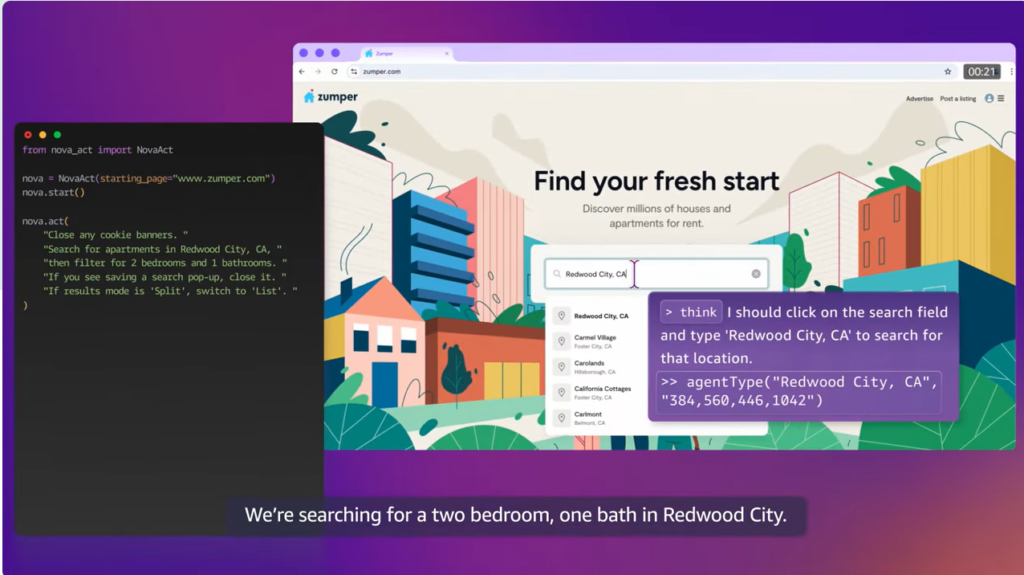
Last month, I attended the OpenStack summit in Tel Aviv. This was yet another great event brought to us by the brilliant Gigaspaces team (especially @shar1z) headed by one of the most important cloud evangelists in Israel and the world, @natishalom.
OpenStack aims to provide the ubiquitous open source cloud computing platform for public and private clouds. Wikipedia
The open source movement’s inexhaustible opportunities have become somewhat devastating for the cloud market. This is demonstrated by the internal war going on between the leading companies that are a part of the OpenStack Foundation. Established over a year ago with more than 200 registered companies, this community was meant to be a significant first step in the world of cloud computing.
The OpenStack meetup was full of many great presenters one of whom was Alex Freedland, the Founder of Mirantis. Backed by Intel and Dell, Mirantis is an exceptional enabler of the OpenStack private cloud. Appropriately, Freedland’s presentation covered the current market, including key players and their given strengths, and kicked off his presentation with the question on everyone’s mind:
“What are we fighting for?”
I was amazed to see that the founder of one of the leading OpenSource communities, opened his presentation posing that question, confirming that the OpenStack war is real. Afterwards, he introduced the notion of Coopetition, providing a deeper understanding of the relationship between the so called “united” OpenStack Foundation members.
Coopetition is a neologism coined to describe cooperativecompetition.
Coopetition occurs when companies interact with partial congruence of interests. They cooperate with each other to reach a higher value creation if compared to the value created without interaction, and struggle to achieve competitive advantage. Wikipedia
The OpenStack Foundation promotes a sense of cooperation between its members to create innovative platforms and push new features that meet and surpass the requirements of the superior private enterprise cloud and its management capabilities. The development of these management tools keeps innovation contained within the confines of the OpenStack community platform, which seems to be very advantageous for OpenStack users. However, I, personally think that the current emerging competitive market does not provide the most ideal conditions for this open community to gain and maintain speedy success.
The DevOps Group Leader at LivePerson, Koby Holzer, who led the company’s move from VMWare to OpenStack, said:
At Liveperson, as a user, we have had the chance to meet with several vendors which are part of the foundation, vendors like HP, Ubuntu, Mirantis, VMware, Netapp, Redhat, Radware, etc… and we feel the competition. However, we see it as a positive. Every vendor takes his own side, creating a sort of balance, healthy competition and wide variety of solutions.
451 analysts evaluated that the “Distributors” and “Turn Key Vendors” of OpenStack (the OpenStack foundation players) market would increase by more than 50% and reach around $130M. The growth is inspiring, however for the sake of understating the market potential, it illustrates only 3% of the projected revenues of AWS cloud for this year.
Just closed the largest OpenStack product deal ever & our first 1M+ deal! Great job @Cloudscaling ; will be awesome 2014 for us & OpenStack.
— Randy Bias (@randybias) January 1, 2014
Compatibility with the Public Cloud
OpenStack has made quite a name for itself among large enterprises by adopting what is perceived today as the private cloud. As expected, the private cloud is crucial for companies to be able to create agility within provisioning resources and chargeback inside their organization. However, the limitation of a closed data center still contradicts the notion of the cloud’s infinite capacity. The expectation is that the OpenStack community will support open APIs and a natural integration to public clouds, such as AWS, while providing creative means of support.
So, returning to the internal `OpenStack fight` as keyed by Freedland. This very relevant topic has caused yet another eminent debate, between Robert Scoble, the famous Rackspace Racker, and Randy Bias, Cloud Scaling’s CEO. Bias posted an important open letter to the OpenStack community stating that they should support AWS compatibility. Scoble responded with his own ’open letter’ regarding Why OpenStack shouldn’t focus on AWS compatibility. Freedland believes that Amazon cloud’s business growth has done wonders for the OpenStack market in terms of expanding education and adoption. For that reason, I trust that he will see eye to eye with Bias regarding the need for adoption of the AWS API which may hold the only evolving cloud standards today.
Given widespread adoption of the AWS APIs, there doesn’t appear to be a clear case for the AWS APIs not being good enough. Focusing on differentiation of APIs against a dominant and growing ecosystem rather than adoption of the APIs and focusing on operational efficiency seems like a losing strategy. Maybe I’m missing something? by Simon Wardley
With this information in mind, the OpenStack community is definitely torn up. The foundation members do not cooperate, but compete, rather, for a very slim chunk of the cloud computing market revenues. Additionally, while the public cloud market continues to grow at lightning speed, market players such as HP, have yet to take a serious leap into building a significant OpenStack public cloud to face AWS, Google or Microsoft. Clearly these circumstances are being driven from the DNA of the leading community members, the traditional and cumbersome IT market players.



